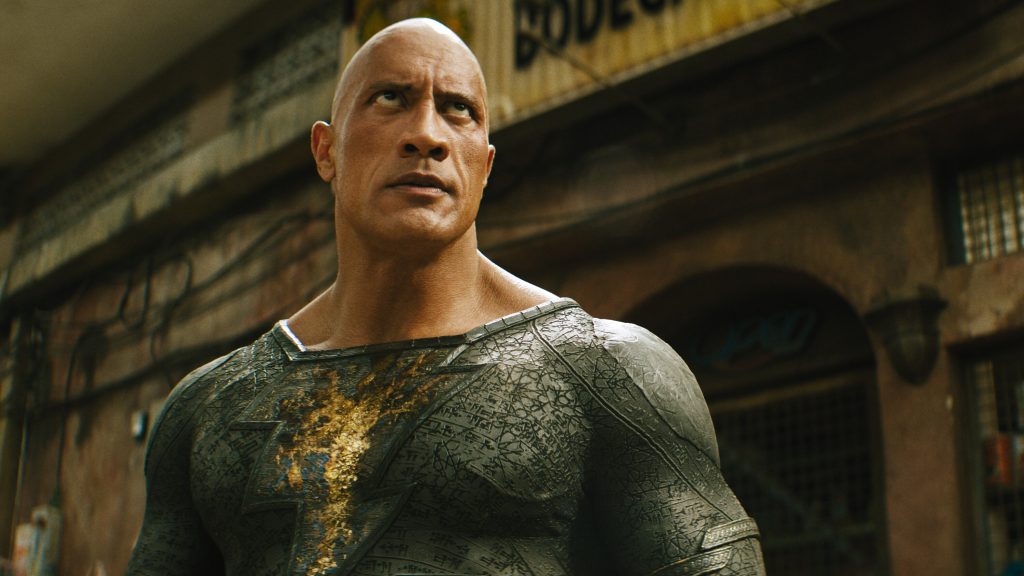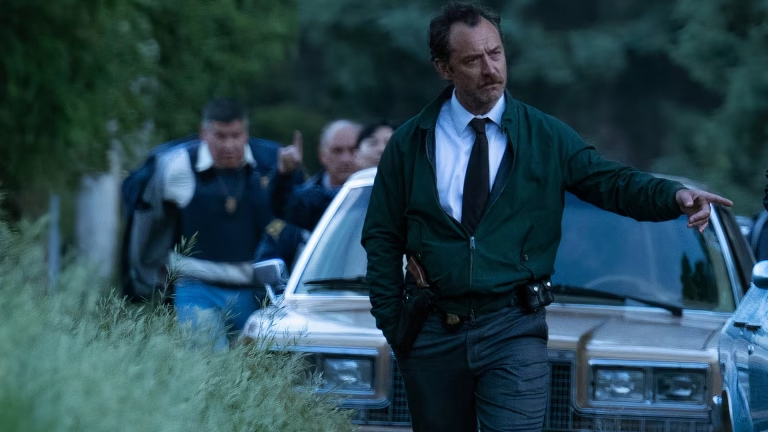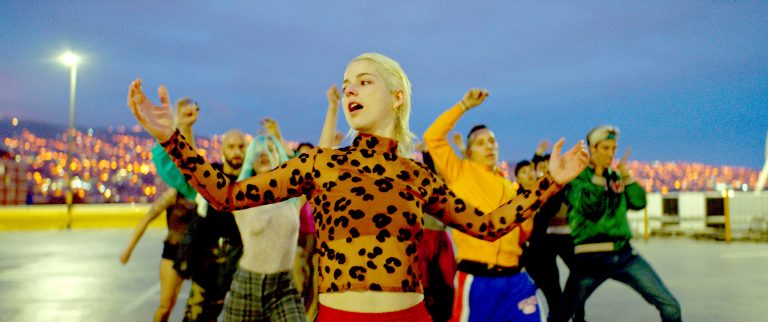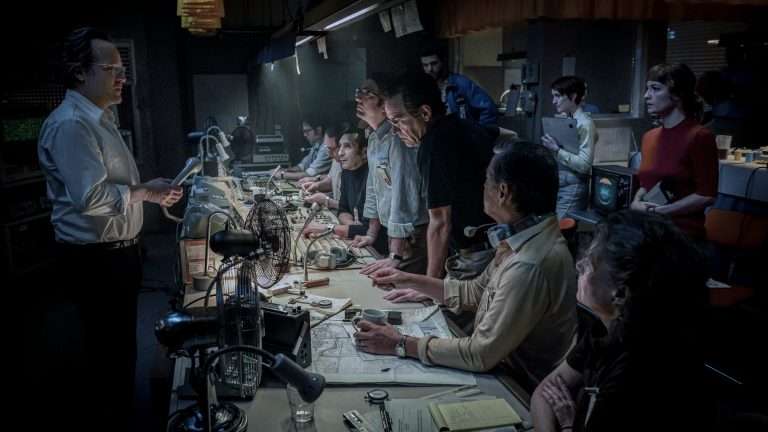Back when “The Suicide Squad” hit theaters in 2021 in an attempt to reinvigorate the colossal failure of the 2016 film, the cinematic allusions it alluded to by making a statement about American foreign policy stood out to me. Much like the Western genre at the time, it seemed like the superhero genre was at an exciting time in its evolutionary process. In 2022, we finally get a movie that has been in talks for the past 15 years – ever since the rumors of one of the biggest actors of our time starring as the central antihero started gaining momentum. And yes, we also get a classic homage to one of the great western films this time around. Unfortunately, that’s one of the only few takeaways from “Black Adam.”
After almost ten years after the release of “Man Of Steel,” we get the origin story of an antihero that debuted in DC Comics in 1945. Known as the ‘Dirty Harry’ of superheroes, this iteration stars Dwayne’ The Rock Johnson. He plays Teth- Adam, a metahuman who is born in the Middle Eastern land of Kahndaq. We then learn that an ancient order of wizards — the same ones that gave Shazam his powers — decide to grant a champion powerful abilities to help liberate and save his people. But after a battle with the evil king, the champion disappeared, and the king’s magic crown was lost forever. Five thousand years later, as we’re brought into the present day, we learn of how over the years, the dynamics of the country have changed. Now it’s become a poor yet futuristic country under siege by various mercenary groups.

The idea of an Egyptian antihero reflecting upon the legacy of Western imperialism makes for fascinating conflicts and dilemmas, even on paper. It seemed like an unusual move for a studio to base an entire superhero feature in the Middle East, let alone build upon those very intrigues. “Black Adam” opens with a 300-styled prologue, ensuring that fans of the DCEU are not alienated by this shift in scale as the camera mirrors the mechanics of a Snyder film.
From that point, as the film flashes forward, skipping through character introductions, it becomes clear through the overuse of slow motion. It intercuts that the film — much like Snyder’s Extended Cut of the Justice League — was going to lean more towards speed-ramped carnage than the colorful gymnastics of an MCU-like film. The movie’s central conflict kicks in with the introduction of the Justice Society of America, led by Carter Hall, aka Hawkman, a swagged-up Aldis Hodge. He is tasked with assembling a team to take down Adam, which he does from his massive Charles Xavier-styled mansion.
Also, Read – The Batman (2022) Spoiler Analysis: What Is The Future Of The Caped Crusader?
The wisest guy on the team is Dr. Fate, played by an effortlessly charismatic Pierce Brosnan having a blast with his time on screen. If you aren’t familiar with his or the remaining characters that form the Justice Society, don’t worry. They’re just play-ins for other superhero characters we’ve seen explored on screen since the past decade. Apart from this, the movie tries to ground itself in reality by casually throwing in terms and phrases involving the ‘superhero industrial complex’- a play for the military-industrial complex that has since the 1960s become a staple excuse for populist American leaders to invade countries. There’s also a character playfully tagging Adam’s character as a weapon of mass destruction.
Director Jaume Collet-Serraancient’s past history with helming horror projects reflects how “Black Adam” sets up its establishing shot, however few of which it has. There’s a palpable sense of scale that the makers remain successful in setting up; even during the big battles, you never get bored in seeing the dusted landscape crumble upon the characters, otherwise having paper-thin character development. However, there’s a consistent lack of delving deeper into the complexity of the post-colonial politics of Kahndaq. This problem gets further amplified in the film’s rocky transition from its second to the third act.
We, as the audience, shouldn’t care whether Doctor Fate was created long before Doctor Strange (even when the studio’s Twitter account tries to make us). Benedict Cumberbatch has already cornered the market on the dry-witted psychic wizards, and so have the films featuring him by visualizing his physicality on screen in a certain way. “Black Adam” already comes at a time of peak superhero fatigue, and on top of that features multiple characters whose performances seem like nothing more than some very expensive pretentious cosplay. I don’t mind characteristics of similar characters from different universes (or comic books) reappearing on the screen. Still, it has to have at least some original visual flair to intrigue the audience enough.
“Black Adam” contains some of the better aspects from the more successful entries in the DCEU so far, but unfortunately, it also carries upon the franchise’s initial-phase pitfalls. The character of Adrianna, played by Sarah Shahi, plays in as the audience character- a mediator of sorts between Adam and the Justice Society. But there are also extensive parts of exposition and character setups that are handled in a way that doesn’t feel much distant from the old ways of using an unopened email on a desktop to introduce future heroes. In a pseudo attempt to reflect upon the legacy of Western imperialism, the movie forgets how clearly it comes across as a filler outing made on the assumption of pitting its protagonist against a more deserving adversary through future films. Because, after all, the superhero industrial complex is worth a lot of money.
![Before We Vanish [2018]: An Alien Invasion Film Exploring the Reason for Human Existence](https://79468c92.delivery.rocketcdn.me/wp-content/uploads/2018/01/Before_We_Vanish_HOF-768x432.jpeg)




